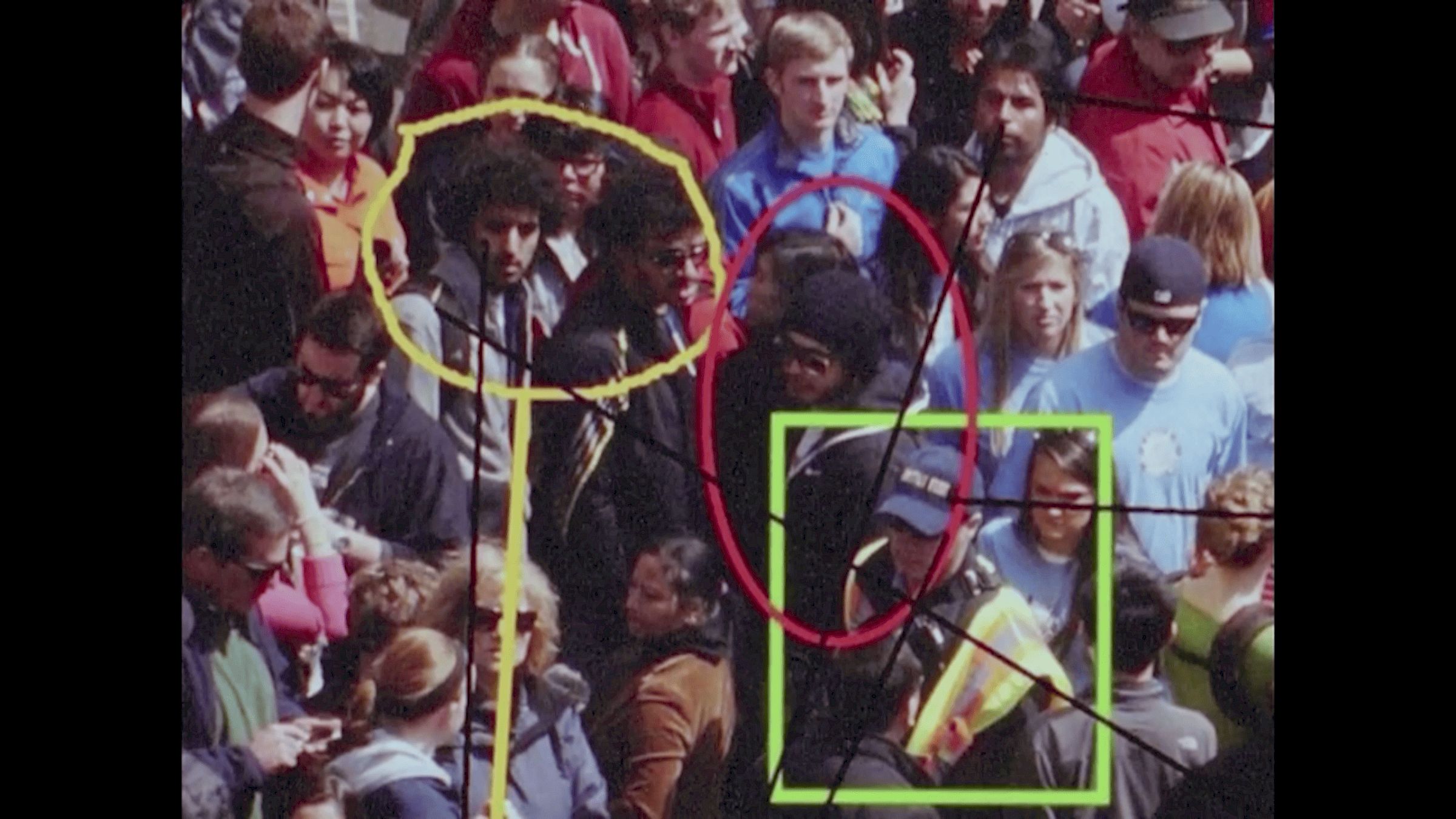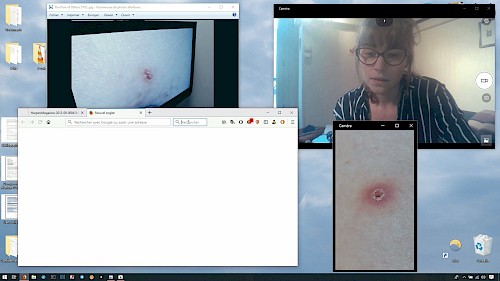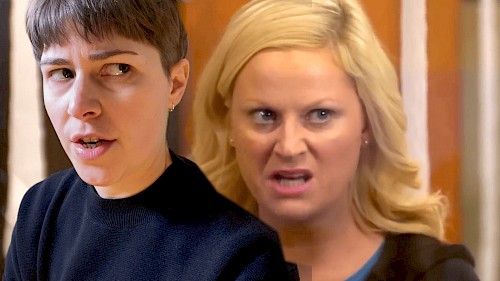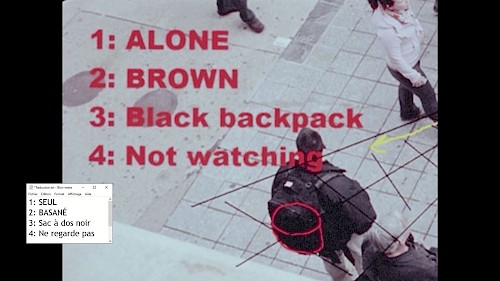75005 Paris
The CJC presents a retrospective of one of the most prominent filmmaker and researchers in the field of desktop documentary. During this screening Leho Galibert-Laine, will showcase four of their acclaimed works which innovatively and engagingly explore the world of online communities and the way the internet shapes our lives.
Lého Galibert-Laîné (b. 1992) started their netnographic (a portmanteau combining “internet” and “ethnography”) inquiries in the mid 2010s as a PhD candidate in the art-research program SACRe (ENS in Paris), exploring the potentialities of the audiovisual-based academic research of online media which was back then still in its early days. Initially, Galibert-Laîné used the form of audiovisual essay to “translate” its pre-existing, written research, but this idea soon evolved into a more experimental, free and playful method – a “performative” research as Catherine Grant calls it – which validates the first-person perspective and the depiction of research/production process, rather than the sole presentation of its findings.
This subjective and widely accessible approach, which openly shows the author’s thoughts, hesitations and frustrations during its research, and simultaneously does not lack intellectual rigor, is exactly what makes Galibert-Laîné’s works so fascinating and engaging. Watching the Pain of Others (2019) and Forensickness (2020) are exemplary of this innovative investigative approach. The author, much like an ethnographer, carves a personal research diary entirely on their desktop screen, which slowly develops from comments of films that inspired her to make an essay (one being about mysterious skin disease and the other about amateur internet detectives) to an unexpected immersion in the epicenter of bizarre online conspiracy groups.
In their most recent work I would like to rage (2024), Galibert-Laîné examines the politics of emotions and the repercussions of repressing our primal emotions such as anger, tackling the difficult subject of trauma with empathetic legerete and self-reflection embodied in the dorky reuse of famous internet memes and GIFs. Reading//Binging//Benning (2018), co-authored with Kevin B. Lee (who is responsible for the term “desktop documentary”), in an equally amusing fashion explores the spectatorship via curious fan-made youtube videos inspired by infamously hermetic practice of experimental filmmaker James Benning.
With its roots in experimental and found footage filmmaking, Scott MacDonald called the contemporary video essayists, Galibert-Laîné included among them, as the new avant-garde which critiques both “commercial media and the logocentric literature of academic cinema and media scholarship”. The novelty of desktop documentaries, furthermore, resides in the fact that they are entirely modeled in the digital environment, with the screen itself becoming the set for the film. This opens a space for the emergence of the new esthetics and approach to filmmaking, liberated from the norms and constraints of the traditional film medium.
By mimicking our own everyday interactions with the computer interface, marked by incessant clicking and internet browsing, Galibert-Laîné’s films act as an intriguing reflective mirror, offering a unique viewing experience. They open a door towards collective examination of how we respond to images and online media.
- Ejla Kovačević




